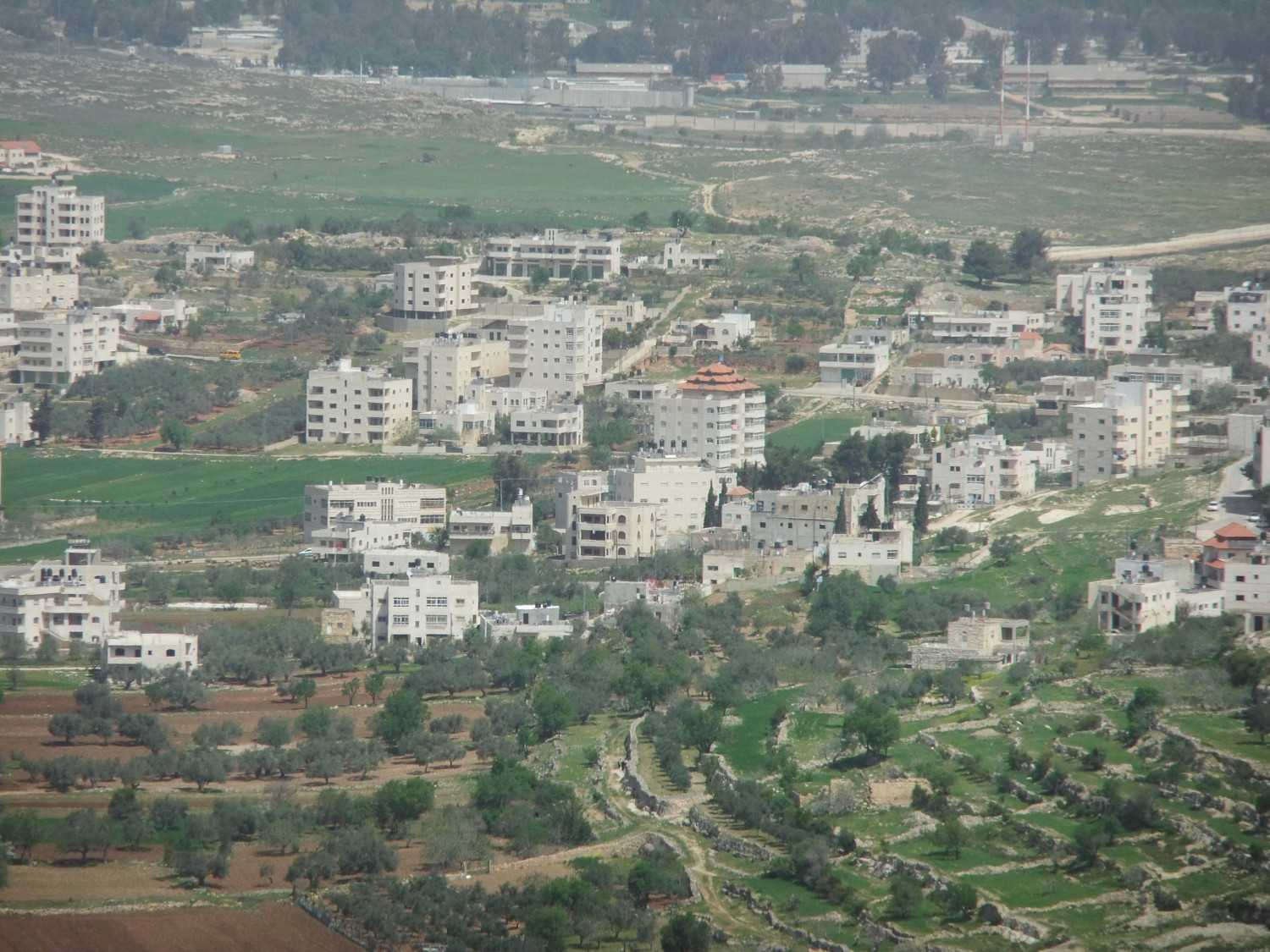1 May. Joshua is deceived by the Hivites of Gibeon
“All the kings west of the Jordan River heard about these things: the kings of the Hittites, Amorites, Canaanites, Perizzites, Hivites and Jebusites. They lived in the mountains and on the western hills and along the whole Mediterranean Sea coast. So all these kings gathered to fight Joshua and the Israelites.”
“When the people of Gibeon [the Hivites] heard how Joshua had defeated Jericho and Ai [and had slaughtered all the inhabitants], they decided to trick the Israelites.”
“They gathered old sacks and old leather wine bags that were cracked and mended, and they put them on the backs of their donkeys. They put old sandals on their feet and wore old clothes, and they took some dry mouldy bread. Then they went to Joshua in the camp near Gilgal.”
“The men said to Joshua and the Israelites, ‘We have travelled from a faraway country. Make a peace agreement with us.’ The Israelites said to these Hivites, ‘Maybe you live near us. How can we make a peace agreement with you? The Hivites said to Joshua, ‘We are your servants.’"
“But Joshua asked, ‘Who are you? Where do you come from?’ The men answered, ‘We are your servants who have come from a far country, because we heard of the fame of the LORD your God… So our elders and our people said to us, ‘Take food for your journey and go and meet the Israelites. Tell them, “We are your servants. Make a peace agreement with us.”’”
“’Look at our bread. On the day we left home to come to you it was warm and fresh, but now it is dry and mouldy. Look at our leather wine bags. They were new and filled with wine, but now they are cracked and old. Our clothes and sandals are worn out from the long journey.’”
“The men of Israel tasted the bread, but they did not ask the LORD what to do. So Joshua agreed to make peace with the Gibeonites and to let them live. And the leaders of the Israelites swore an oath to keep the agreement.”
“Three days after they had made the agreement, the Israelites learned that the Gibeonites lived nearby. So the Israelites went to where they lived and on the third day came to their cities: Gibeon, Kephirah, Beeroth and Kiriath Jearim. But the Israelites did not attack these cities, because they had made a promise to them before the LORD, the God of Israel.”
“All the Israelites grumbled against their leaders. But the leaders answered, ‘We have given our promise before the LORD, the God of Israel, so we cannot attack them now… We must let them live. Otherwise, God’s anger will be against us for breaking the oath we swore to them. So let them live, but they will cut wood and carry water for our people.’ So the leaders kept their promise to them.”
“Joshua called for the Gibeonites and asked, ‘Why did you lie to us? Your land was near our camp, but you told us you were from a far country. Now, you will be placed under a curse to be our slaves. You will have to cut wood and carry water for the house of my God.’”
“The Gibeonites answered Joshua, ‘We lied to you because we were afraid you would kill us. We heard that the LORD your God commanded his servant Moses to give you all of this land and to kill all the people who lived in it. That is why we did this. Now you can decide what to do with us, whatever you think is right.’”
“So Joshua saved their lives by not allowing the Israelites to kill them, but he made the Gibeonites slaves. They cut wood and carried water for the Israelites, and they did it for the altar of the LORD – wherever he chose it to be. They are still doing this today.”
(Joshua 9:1-27)

Gibeon was an ancient settlement 5½ miles / 9 km north west of Jerusalem and only 1 mile / 1.5 km north of the hilltop settlement of Mizpah (see 5 on the map on 23 April).
Fearing that the Israelites would reduce their city to rubble – as Joshua had done at Jericho and Ai – the Hivite people of Gibeon approached the Israelite camp at Gilgal and asked for a peace treaty, claiming to be from a distant city. They deliberately dressed themselves in travel-worn clothes and carried mouldy provisions and leaking wineskins to give the impression of having travelled a great distance.
The Israelites were completely taken in, and swore an oath of friendship which they were unable to break when, shortly afterwards, they discovered that the Gibeonites were really close neighbours.
As a punishment, the people of Gibeon were taken into slavery as menial servants, cutting firewood and collecting water from the deep wells. Much later, the famine that afflicted Israel towards the end of King David’s reign was blamed on King Saul’s violation of this treaty when he attempted to annihilate the Gibeonites (see 2 Samuel 21:1-6).
Modern-day visitors to the picturesque Palestinian village of Al-Jib can explore the hilltop site of ancient Gibeon, and look south across the Valley of Gibeon to the mosque and minaret marking the traditional site of Samuel’s Tomb at Mizpah.
The photo (by יעקב) shows Al Jib, the site of ancient Gibeon.
You can read more about Gibeon @ https://www.thebiblejourney.org/biblejourney2/27-the-israelites-move-into-canaan/joshua-is-deceived-by-the-hivites/
